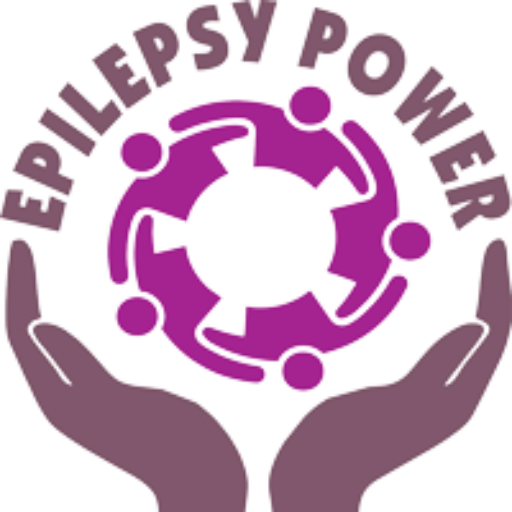- Create and develop an inclusive policy : Key actions include combating discrimination, implementing reasonable accommodations, establishing safety policies, facilitating workplace access, and promoting integration through dedicated roles and support systems. Regular monitoring and evaluation ensure continuous improvement and effectiveness.
- Changing managerial practices : Key steps for an inclusive recruitment include pre-hire transparency, inclusive job descriptions, diverse sourcing channels, blind hiring, internships, and strong onboarding programs. Inclusive managers foster empathy, open communication, continuous learning, and stress management, ensuring all employees thrive.
- Changing employee attitudes : To create an inclusive workplace for people with epilepsy, focused on informing, training, and communicating.
Testimony from Aurélie:
At first, when I went for a job interview, I told people about my illness,” explains Aurélie, 33, a jobseeker who has been treated for epilepsy for 6 years. “The problem is that people are afraid. They’re almost afraid that it’s contagious. They think it’s a generalized seizure, but thanks to my treatment, I only have partial seizures”.
For Aurélie, partial seizures manifest themselves as sudden hot flushes. They are often followed by uncontrollable movements of the lips or hands. These seizures usually last less than a minute. But she still suffers from them four times a month, despite taking medication.
In her opinion, these symptoms complicate her job search. “I’m immediately judged. Contracts end or aren’t renewed because people don’t want us because of it. And strangely enough, even if they don’t say it to my face, I know it’s because of that”, explains Aurélie[1].
[1] Arouche, C. (2021, 9 février). TÉMOIGNAGE. Vivre avec l’épilepsie : « On en a marre qu’on nous regarde comme si on était taré » . France 3 Normandie. https://france3-regions.francetvinfo.fr/normandie/seine-maritime/rouen/temoignage-vivre-avec-l-epilepsie-des-normands-racontent-1948864.html
Introduction
When implementing a policy of professional inclusion for people with epilepsy (PwE), often the primary driver, legislation, plays a crucial role. Module LP1 5: “Equal Opportunities Rights for Workers with Epilepsy” provides more details on this topic. Legislation is not only a legal and ethical obligation but also a strategic advantage. Demonstrating inclusivity can inspire other companies and sectors to adopt similar practices. It enhances the organization’s talent pool, improves employee morale and productivity, bolsters the company’s reputation, and aligns with core values of diversity and inclusion. Small and medium-sized companies often benefit from financial incentives such as grants that cover expenses for reasonable accommodations. This ensures these costs do not deter them from hiring people with disabilities.
By fostering an inclusive work environment, organizations can thrive while making a positive impact on the lives of individuals with epilepsy and the broader community. Becoming inclusive enables organizations to thrive by providing a broader base of people with specific skill sets, leading to diversity and well-being for all. With the right procedures in place, it’s possible to create a safe environment in which people with epilepsy feel secure enough to voluntarily disclose a condition, enabling the necessary accommodations to be put in place so that the person can fully realize their potential in their work and life.
The question that now arises is : how to change an organization, the managerial practices and people’s attitudes towards people with epilepsy? This involves a multi-faceted approach which includes education, policy development, inclusive practices, and ongoing support.
The goal of this module is to provide the tools necessary to create an inclusive organization for people with epilepsy.
After studying this module, you will achieve the following learning outcomes:
- You will be able to know how to create and develop an inclusive policy.
- You will learn how to change managerial practices, especially recruitment practices and understand what an inclusive manager is.
- You will identify ways to change employee’s attitudes and behavior.
The module includes in total 3 sections
Reflective exercise
Try to think what it would mean in practical terms for a higher education institution or a company to foster an inclusive working environment. What arguments would you give its managers to show that they have “everything to gain”?
